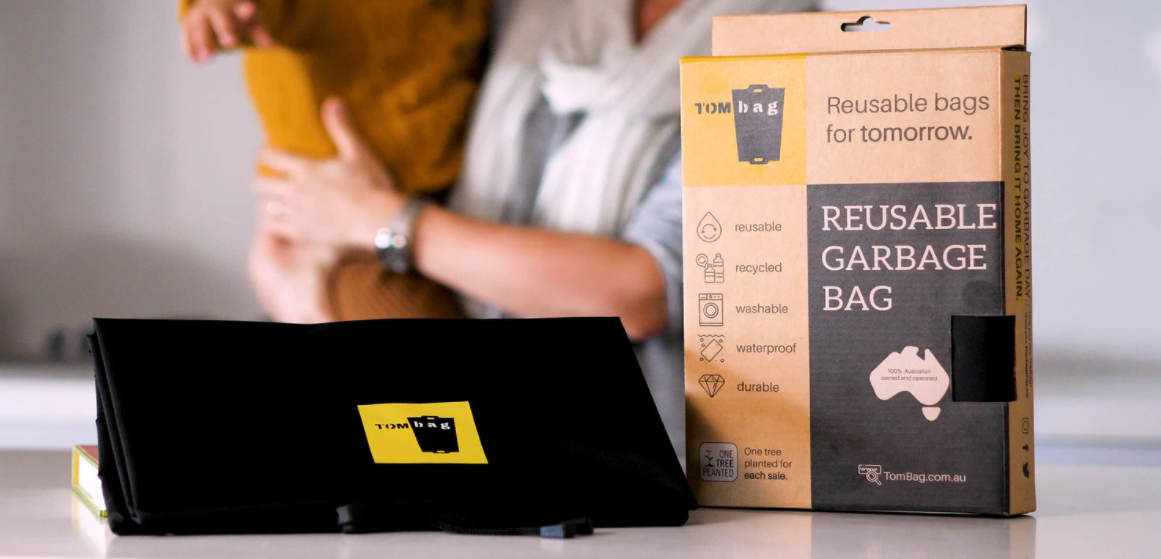Zero Waste Living Trends

It is reassuring to see environmental consciousness becoming mainstream in an age of waste and mass production. Eco-friendly living is a lifestyle that intends to decrease contamination, alleviate waste, and enhance the quality and health of the environment. Buying organic food, recycling, gardening, composting, and other similar disciplines have grown more popular in recent years. All these movements and actions are the part of the journey to combat the pounds and pounds of trash stacked and produced by Americans every day.
Zero Waste Lifestyle
 All of those green habits combination heads to what is acknowledgeable as a “zero waste lifestyle.” Everyone who has found the best green living methods and alternative products to produce little or no waste is known and included as the Zero Waste movement part. The food waste is compostable and biodegradable, including cardboard, vacuum cleaner lint, and paper scraps. Meanwhile, meat, dairy, and fat should be less or eliminated since they are non-compostable foods.
All of those green habits combination heads to what is acknowledgeable as a “zero waste lifestyle.” Everyone who has found the best green living methods and alternative products to produce little or no waste is known and included as the Zero Waste movement part. The food waste is compostable and biodegradable, including cardboard, vacuum cleaner lint, and paper scraps. Meanwhile, meat, dairy, and fat should be less or eliminated since they are non-compostable foods.
Those actions do not only help you spend less but also serve your health and the environment better. You can use items with biodegradable packaging or utilize biodegradable disposables. In this case, it is not recommendable to use foil and plastic bags. Instead, Tupperware and reusable canvas carts can be a good alternative for making significant differences. These things are easy to implement and can be great for both you and the environment.
Zero Waste Efforts
 While there are many other things, an extreme “zero waste” life is not possible at this time. However, these small things can have a significant impact on the environment because every little bit helps. Generally, people are mostly very consumptive. Thus, a soft transition is needed, including education on the best ways to accomplish different tasks. It is possible to make this transition and lead a more sustainable lifestyle.
While there are many other things, an extreme “zero waste” life is not possible at this time. However, these small things can have a significant impact on the environment because every little bit helps. Generally, people are mostly very consumptive. Thus, a soft transition is needed, including education on the best ways to accomplish different tasks. It is possible to make this transition and lead a more sustainable lifestyle.
Zero Waste Policy and Movement
The best thing about the zero-waste lifestyle is it is manageable and achievable. Recent news stories have highlighted the many successes of the movement and the expanding number of people welcoming and adopting it. Nantucket, a resort island, has been executing strict waste policies for more than a decade. San Francisco and Seattle are leading by example with zero-waste policies. Honda has recycled so well after the company removed dumpsters from eight of its North American factories.
Zero waste is a possibility, although it may still be an exception. People can potentially create sustainable products and alternatives and eliminate virtually all waste. Motivation is necessary but most importantly, you because you are the one person who can make a difference.


